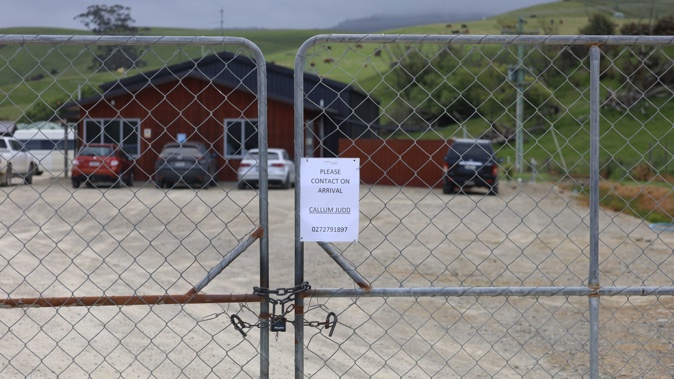
- The number of chickens needing to be culled on an Otago farm has doubled to 80,000.
- It is New Zealand’s first confirmed case of high pathogenic avian influenza H7N6, or bird flu.
- All poultry exports are on hold, and a 10km buffer zone has been established around the farm.
The number of chickens needing to be culled has doubled as bird flu spreads to a second shed on the Otago farm.
Mainland Poultry, which manages the free-range farm, confirmed New Zealand’s first case of high pathogenic avian influenza H7N6, otherwise known as bird flu, yesterday.
All poultry exports have been put on hold as it tries to rid the farm of the virus before it spreads.
Director General of Ministry for Primary Industries Ray Smith said the flu is still contained to one farm, but it has spread to a second barn.
This has doubled the number of chickens needing to be culled, going from 40,000 to 80,000, half the total number of chickens on the farm.
The affected farm in Otago about an hour north of Dunedin. Photo / Ben Tomsett
Smith said although it might seem like it, this is not worst-case scenario for them yet.
“Even though we’ve been promoting this quite heavily, this is not the one that’s spread by migratory birds around the world, which hasn’t arrived in New Zealand yet.
“It’s a serious strain and it’s largely confined to the poultry industry.”
He said there is no indication the H7N6 virus has spread beyond the farm.
- First case of high pathogenic strain of bird flu found on Otago egg farm
- Thousands of chickens slaughtered as Ministry aims to eradicate bird flu strain
MPI said earlier that the laying hens foraging outside were thought to have been infected by wild waterfowl.
A 10km buffer zone had been placed around the farm, along with restrictions to prevent the movement of animals, equipment and feed.
Prime Minister Christopher Luxon said he was informed on Sunday about the case. The farmer understood the risk and had worked closely with MPI to control its spread.
Biosecurity Minister Andrew Hoggard said the farmer had noticed the birds falling ill last Monday on his farm near Moeraki, halfway between Dunedin and Oamaru.
A local vet treated the birds with antibiotics but as more began to die, he notified MPI on Friday.
Testing teams that arrived on Saturday confirmed the positive result for the H7N6 strain. The farm was locked down on Sunday, and testing and tracing of movement continues.
Hoggard said the farm was at the centre of an outbreak of Infectious Bursal Disease Virus Type 1 in 2019.
The virus was discovered in layer hens at the egg farm.
Take your Radio, Podcasts and Music with you









